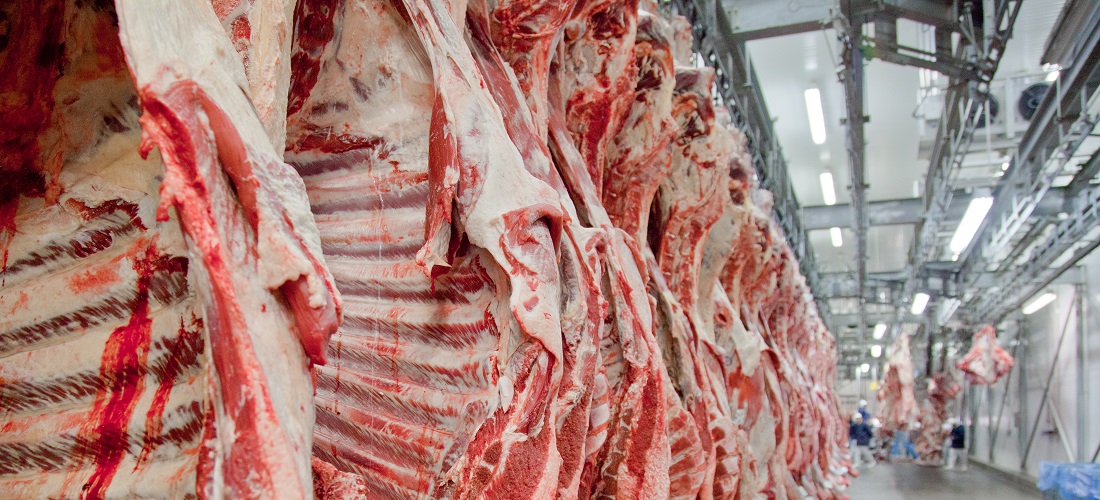
Cepea study reveals Brazil’s potential to increase exports to Arab countries
Mar, 13, 2020 Posted by datamarnewsWeek 202012
The Center for Advanced Studies in Applied Economics (Cepea), part of Esalq / USP, pointed out in a new study the great potential that Brazil has to expand exports to the Arab world. According to the survey, the main product that has this potential is meat. The text is part of the Food Security Study in the Arab World – Potential of Brazilian Agribusiness, done in partnership with the Arab Brazilian Chamber of Commerce. Esalq is the Luiz de Queiroz Higher School of Agriculture at the University of São Paulo.
The text highlights that the Brazilian trade balance with the countries of the Arab world has remained in surplus since 2009. Between 1997 and 2019, Brazilian exports to these countries grew, on average, by 8.8% per year, while imports evolved at the slower pace of 5.1% per year. The main products exported by Brazil last year to the region were sugar, chicken, giblets and pieces of frozen chicken, iron ore, corn and chilled and frozen boneless beef, which represented about 70% of the total.
According to Rodrigo Damasceno, a researcher on agricultural policies at Cepea who participated in the study, one of the strategies to increase this trade is to pay attention to adding value. “In the case of meat, not only freeze and export, but also have some degree of industrialization to add value to the product. In addition, this market has other requirements that may even have a spillover effect for other nations, not just the Arabs, “explained Damasceno, about opportunities in the halal market.
The analysis points out bottlenecks that are common to Brazilian exports as a whole, such as the national infrastructure, especially at ports. Another point highlighted is the strengthening and integration between actions in the public and private sectors. “This is an important point. We feel that Arabs are very fond of these relationships, and of companies that have representatives in their countries. In this respect, the bovine chain can be better structured. This is necessary to strengthen the sector ”, explained the researcher.
Among the positive actions, Cepea pointed out the technical visits made by the Brazilian government in the last year. In the agricultural sector, the missions went to Egypt, Saudi Arabia, Kuwait and the Emirates and resulted, for example, in authorizations for Brazilian exports of dairy products, sheep and goats to Egypt, chestnuts, egg products and fruits to Saudi Arabia and honey. to Kuwait. In Saudi Arabia and the Emirates, Cepea highlighted the opportunities for investments in infrastructure, in particular Ferrogrão and the West-East Integration Railway.
According to Damasceno, in order to overcome the obstacles and increase trade with the Arabs, one must work with medium and long-term goals. The researcher recalls that studies from the Ministry of Agriculture pointed out that for 5 to 10 years the trend is to maintain 2% to 3% growth in exports and meat production in Brazil.
-
Sugar and Ethanol
Jan, 13, 2022
0
Brazil challenges India in WTO sugar dispute
-
Jul, 25, 2022
0
New ‘Ferroeste’ railway to become Brazil’s second-largest export corridor for grains and containers
-
Grains
Mar, 20, 2023
0
China’s Jan-Feb soybean imports from US rise YoY, Brazil slips
-
Other Cargo
Aug, 24, 2023
0
Singapore authorizes imports of Brazilian shellfish

